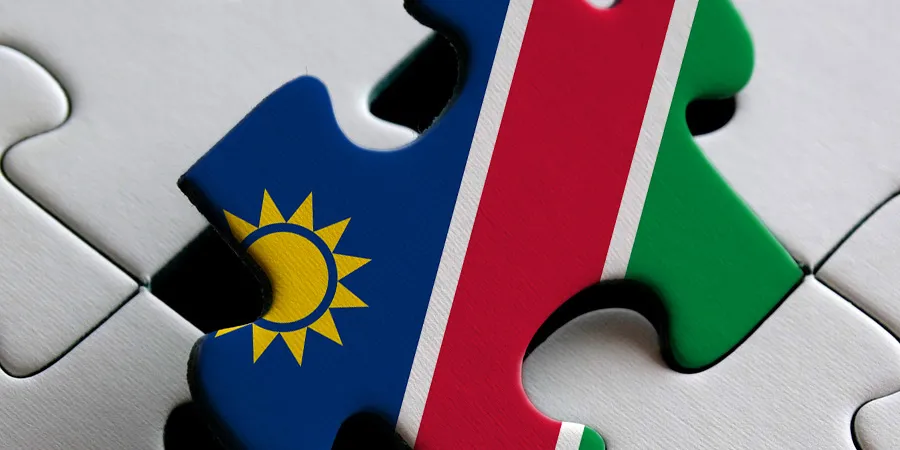Namibia’s economic growth forecasts have been revised upward, with expectations of a 4% GDP expansion in 2024 and 3.9% in 2025.
Growth in Namibia’s natural resources sector, particularly in hydrocarbon exploration, has been instrumental in driving this projected upturn, given previous estimates of 2.9% in 2024 prior to major hydrocarbon discoveries. Significant offshore discoveries of crude oil and natural gas between 2022 and 2024 by TotalEnergies, Shell and Galp have bolstered the country’s economic prospects. With an estimated 11 billion barrels of crude oil and 2.2 trillion cubic feet of natural gas discovered by TotalEnergies and Shell at their respective Venus-1 and Graff-1x wells – and these estimates still being evaluated with new appraisal activities – Namibia is set to undergo transformative economic growth by the end of the decade.
To finance the ongoing expansion of its energy sector, Namibia is pursuing several, multi-faceted strategies to attract foreign investment, as well as boost local financing capacity. Leveraging a strong regulatory framework, Namibia offers attractive terms such as a royalty of 12.5% on the market value of oil and gas produced, along with a petroleum income tax of 42% on the taxable base. These incentives enable faster cost recovery, addressing a key concern for international financiers.
Facilitating finance into Namibia’s oil and gas resources will be a key focus of the upcoming Namibia International Energy Conference (NIEC) in Windhoek on April 23-25. The event convenes local and international stakeholders, with an emphasis on financing Namibian participation in the energy industry. Discussions will target strategies for expanding the role of local and regional banks in the sector, exploring mechanisms like credit support instruments and partnerships with international lending institutions, and building and leveraging local funding pools.
At present, access to financing in Namibia, particularly for SMEs, remains challenging due to tightening lending criteria and limited capital. To address this concern, the Namibia Investment Promotion and Development Board serves to facilitate access to funding, mentorship and training for SMEs. The Development Bank of Namibia (DBN) also offers financing to SMEs in key sectors like infrastructure and logistics. DBN’s services include franchise finance, contract-based finance for working capital, and infrastructure projects and enterprise development finance to support startup or expansion initiatives.
Meanwhile, multilateral lenders and development finance institutions are primarily pursuing projects aligned with infrastructure and renewable energy development in Namibia. Last October, the Development Bank of Southern Africa allocated €5 million to Hyphen Hydrogen Energy’s green hydrogen facility. Additionally, the African Development Bank Group approved a $196-million loan to modernize Namibia’s railway, while the African Energy Bank, set to be launched in June 2024, holds promise for unlocking further funding for Namibia’s oil and gas initiatives.
In short, Namibia requires further investment to sustain exploration activities and develop its latest discoveries. This requires ensuring attractive production-sharing terms and mobilizing local and regional financing tools, especially as IOCs and international banks limit fossil fuel funding and pivot toward clean energy development. With abundant hydrocarbons and wind and solar energy potential that can be catalyzed for green hydrogen production, Namibia has all the resources it needs to attract a diversified mix of investment.
Energy Capital & Power is a strategic partner of the Namibia International Energy Conference (NIEC) – taking place in Windhoek on April 23-25, 2024. The 6th annual conference unites industry leaders, business executives and policymakers to engage in dialogue, exchange ideas, create new partnerships and identify strategies to foster a prosperous energy industry in Namibia and beyond.
